Ready to build your own Founder-Led Growth engine? Book a Strategy Call
Frontlines.io | Where B2B Founders Talk GTM.
Strategic Communications Advisory For Visionary Founders
Actionable
Takeaways
Identify Critical Problems in Traditional Industries:
Josh and his team recognized the need for modern tools to manage energy assets, particularly in the wake of natural disasters that exposed the vulnerabilities of the existing system. By targeting a critical problem in a traditional industry, they were able to create a compelling value proposition.
Earn Customer Trust Through Co-Development:
Instead of seeking upfront payment, Thread invested time and effort to understand Xcel Energy's problems and develop a solution that met their needs. This approach allowed them to establish strong product-market fit and earn the trust of a major player in the industry.
Leverage Industry Relationships for Market Entry:
By partnering with Xcel Energy, Thread gained credibility and access to a network of potential customers in the utility space. Founders should seek out strategic relationships that can help them navigate the complexities of their target market and accelerate their growth.
Embrace the Challenge of Defining a New Category:
: As a mashup of robotics and ERP, Thread faced the difficulty of describing their offering to both customers and investors. Rather than trying to fit into an existing category, they focused on communicating the real-world results and impact of their solution.
Capitalize on the Shift Towards Sustainability:
With utilities investing heavily in renewables and setting ambitious carbon reduction goals, there is a generational opportunity for startups that can help facilitate this transition. Founders should look for ways to align their offerings with the sustainability imperatives of their target industries.
Conversation
Highlights
From University Software Project to Utility Infrastructure Revolution: How Thread Found Product-Market Fit
The journey to revolutionizing utility infrastructure began in an unlikely place – the University of North Dakota, where Josh Riedy and his co-founders were developing software for FedEx. But it was a personal connection to the power industry that sparked Thread‘s creation.
“My late paternal grandfather…had visible scars. And those scars came from my grandfather working on a power generator because they didn’t have electricity delivered to their ranch,” Josh recalls. This incident led his grandfather to start the area’s first power cooperative, serving as board chairman for 40 years.
Years later, a devastating 2013 ice storm that left communities without power for months reinforced the need for modernization. “That just led me to believe that…that industry of all industries, needed modern tooling to make their jobs safer,” Josh explains.
Thread’s approach to market entry was unconventional. Rather than seeking immediate revenue, they pursued a co-development arrangement with XL Energy. “We had to earn the business. XL Energy did not retain any intellectual property, but they also didn’t give us money to do it,” Josh notes. This strategic decision proved crucial for product development.
The partnership allowed Thread to deeply understand utility industry problems and develop solutions with direct user feedback. “We identified the problem. We identified a path to a solution, and we didn’t get paid until we proved it,” Josh shares. This methodical approach helped them establish strong product-market fit with a major customer spanning five states.
Thread positioned itself in an entirely new product category – a combination of ERP solutions and robotics. “It is deep tech, but it’s critical. We cannot make mistakes. Mistakes lead to lives, and I take that seriously,” Josh emphasizes. Their solution transforms how utilities inspect and maintain infrastructure. What previously required a three-person crew rappelling down 80-meter wind turbines can now be accomplished by one person in 20 minutes using Thread’s technology.
The company’s growth strategy leverages the utility industry’s unique characteristics. “Utilities are a very unique market. It is a fast follower, close knit, heavy influence market,” Josh explains. Their success with XL Energy opened doors throughout the industry.
Looking ahead, Thread is positioning itself to capitalize on the utility industry’s transformation. “There is a generational opportunity…utilities making the pivot into renewables and making a pivot away from large opex, which was fossil fuels and uranium, to produce power,” Josh notes. He envisions Thread becoming to utility digitization what Epic is to electronic medical records.
For founders building deep tech companies outside traditional tech hubs, Josh emphasizes the importance of network building: “What I really needed to do at that time was branch out and widen my network.” He also advises leveraging existing resources: “When you are young, make the most and best use out of Y combinator and techstars and all of the documents they have.”
Recommended Founder
Interviews


Kathy Hannun
Founder & CTO of Dandelion Energy
Kathy Hannun, Founder & CTO of Dandelion Energy: $175 Million Raised to Democratize Geothermal Energy for Home Heating and Cooling


Arvin Ganesan
CEO of Fourth Power
Arvin Ganesan, CEO of Fourth Power: $20 Million Raised to Build the Future of Energy Storage


Dan Forman
CEO and Co-Founder of Copper Labs
Dan Forman, CEO and Co-Founder of Copper Labs: $13 Million Raised to Enable the Data-Driven Utility of the Future


Thomas Sisto
CEO & Co-Founder of XL Batteries
Thomas Sisto, CEO & Co-Founder of XL Batteries: $20 Million Raised to Transform Grid-Scale Energy Storage


Martin Kosak
Head of Marketing of Sensoneo
Event Marketing Mastery: Martin Kosak on Sensoneo’s Success at Trade Shows

Sid Jha
Founder & CEO of Arbol
Sid Jha, Founder & CEO of Arbol: Over $20 Million Raised to Build the Future of Climate Risk Management


Kameale Terry
Co-Founder and CEO of ChargerHelp!
Kameale Terry, Co-Founder and CEO of ChargerHelp!: Over $20 Million Raised to Build the Future of Electric Vehicle Infrastructure


Liz Gilligan
CEO & Founder of Material Evolution
Liz Gilligan, CEO & Founder of Material Evolution: $19 Million Raised to Build the Future of Sustainable Cement

Marc Borrett
CEO & Co-Founder of Reactive Technologies
Marc Borrett, CEO & Co-Founder of Reactive Technologies: $80 Million Raised to Build the Future of Grid Measurement


Curtis VanWalleghem
Co-Founder & CEO, Board Member of Hydrostor
Curtis VanWalleghem, CEO of Hydrostor: $322 Million Raised to Build the Future of Energy Storage


Dr. Kai-Philipp Kairies
CEO and Co-Founder of Accure
Dr. Kai-Philipp Kairies, CEO & Co-Founder of Accure: $18.5 Million Raised to Build the Future of Battery Intelligence


Greg Fallon
CEO of Geminus
Greg Fallon, CEO of Geminus: $12 Million Raised to Help the Industrial Sector Prepare for the Energy Transition

Omar Abou-Sayed
Co-Founder & Executive Chairman of Vaulted Deep
Omar Abou-Sayed, Co-Founder & Executive Chairman of Vaulted Deep: $8 Million Raised to Build the Future of Carbon Removal


Elizabeth Muller
Co-Founder and Executive Chair of Deep Isolation
Elizabeth Muller, Co-Founder and Executive Chair of the Board of Deep Isolation: Over $22 Million Raised to Build the Future of Nuclear Waste Disposal


Allen Kramer
Co-Founder & COO of Crux
Allen Kramer, Co-Founder and COO of Crux: $27 Million Raised to Power the Future of Sustainable Finance


Matei Stratan
CEO of Ogre
Matei Stratan, CEO of Ogre: $2 Million Raised to Build the Future of Energy Management


Thibault Castagne
CEO and Founder of Vianova
Thibault Castagne, CEO and Founder of Vianova: $8.8 Million Raised to Build the Go-To Operating System for the Mobility World


Gary Lewis
CEO & Co-Founder of Resourcify
Gary Lewis, CEO & Co-Founder of Resourcify: $15 Million Raised to Build the Future of Recycling Management


Francesco Volpe
Founder of Renaissance Fusion
Francesco Volpe, Founder of Renaissance Fusion: $30M Raised to Build the Future of Nuclear Fusion Technology


Allison Wolff
CEO of Vibrant Planet
Allison Wolff, CEO at Vibrant Planet: $34 Million Raised to Build the Future of Land Management Restoration


Troy Carter
CEO and Co-Founder of Earthshot Labs
Troy Carter, CEO and Co-Founder of Earthshot Labs: $11 Million Raised to Power the Future of Ecosystem Conservation and Restoration


Kentaro Kawamori
CEO & Co-Founder of Persefoni
Kentaro Kawamori, CEO & Co-Founder of Persefoni: $114 Million Raised to Build the Climate Disclosure & Carbon Management Category


Chris Tolles
CEO & Co-Founder of Yard Stick
Chris Tolles, CEO & Co-Founder of Yard Stick: $18 Million Raised to Build the Future of Soil Carbon Management

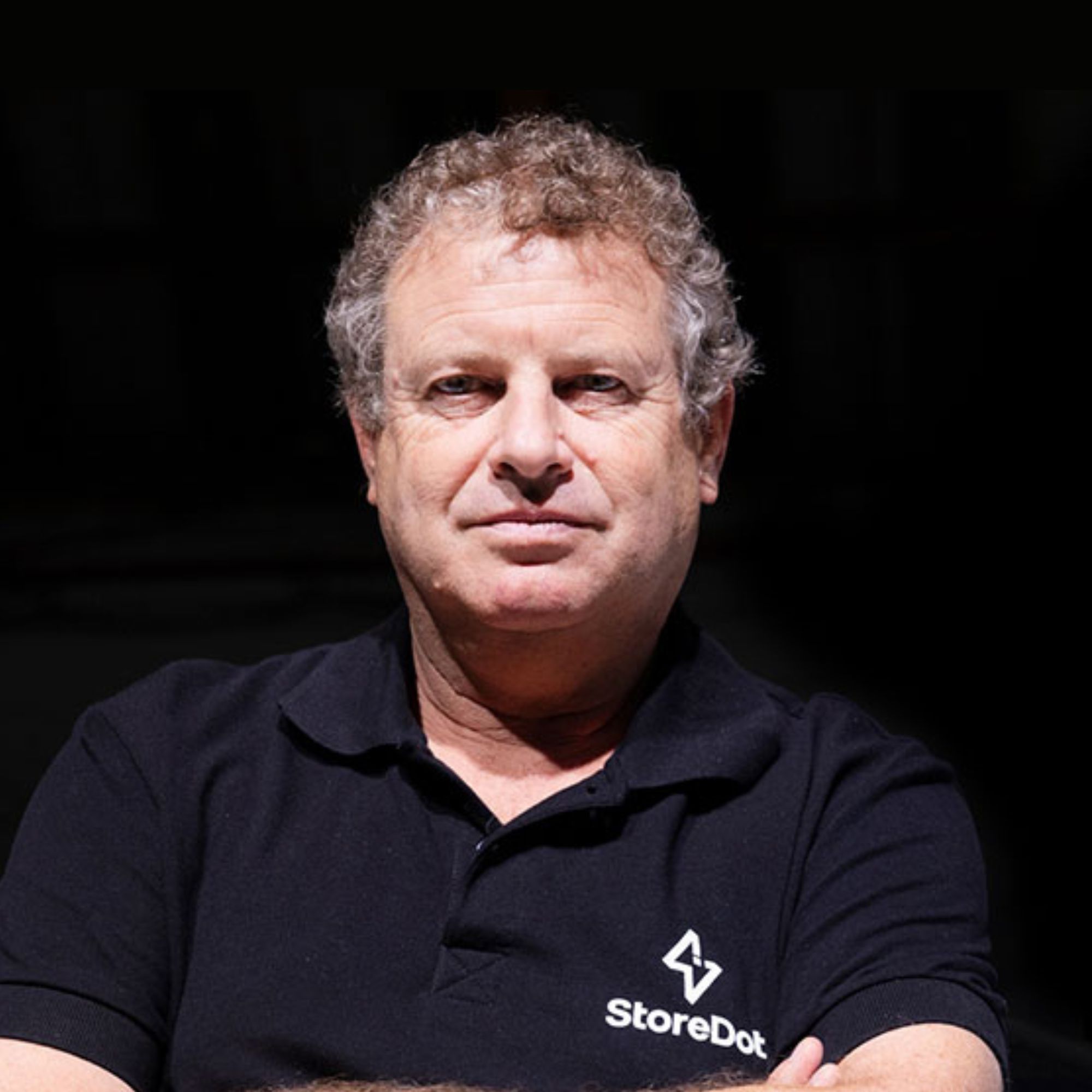
Doron Myersdorf
CEO & Co-Founder of StoreDot
Doron Myersdorf, CEO & Co-Founder of StoreDot : $200 Million Raised to Power the Future of Electric Vehicles


Edward Chiang
Co-Founder and CEO of Moment Energy
How Moment Energy secured Over $30 million in government contracts by proving commercial readiness first | Edward Chiang

Tara Bartley
Vice President of Marketing of REsurety
How to Squeeze as Much Value as Possible out of Each Piece of Content


Matthew Besch
VP of Marketing of ACCURE Battery Intelligence
Building a New Category: From Zero to Market Leader in 3 Years

Kaitlyn Albertoli
CEO and Co-Founder of Buzz Solutions
Kaitlyn Albertoli, CEO and Co-Founder of Buzz Solutions: Nearly $6 Million Raised to Build the Future of Infrastructure Inspection


Antoine Welter
CEO and Co-Founder of Circu Li-ion
Antoine Welter, CEO & Co-Founder of Circu Li-ion: $8.5 Million Raised to Build the Future of Battery Upcycling


Adrienne Pierce
CEO of New Sun Road
Adrienne Pierce, CEO of New Sun Road: $6 Million Raised to Accelerate Renewable Energy Deployment


Matt LeDucq
CEO and Co-Founder of Forum Mobility
Matt LeDucq, CEO & Co-Founder of Forum Mobility: $423 Million Raised to Power the Future of Zero-Emission Trucking

Andre Fernandez
CEO & Co-Founder of Invert
Andre Fernandez, CEO of Invert: $26 Million Raised to Build the Future of Nature-Base Carbon Credits
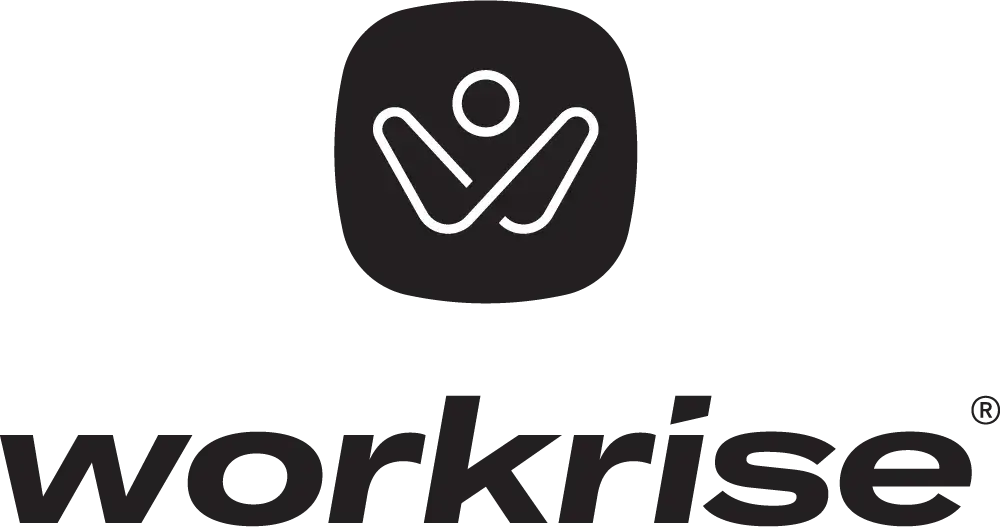

Michael Witte
CEO & Co-founder of Workrise
Michael Witte, CEO & Co-founder of Workrise: $750 Million Raised to Power the Future of the Energy Industry


Tim Weiss
CEO and Co-Founder of Optera
Tim Weiss, CEO & Co-Founder of Optera: $17.5 Million Raised to Build the Future of Carbon Management and Accounting


Quentin Scrimshire
CEO and Co-Founder of Modo Energy
Quentin Scrimshire, CEO & Co-Founder of Modo Energy: $20 Million Raised to Build the Energy Asset Benchmarking Category

Marina Azcarate
Head of Marketing of Mitiga Solutions
Marina Azcarate, Head of Marketing at Mitiga Solutions: Driving the Future of Climate Risk with Cutting-Edge Tech


Zak Lefevre
CEO of ChargeLab
Zak Lefevre, CEO of ChargeLab: $20 Million Raised to Build the Operating System for EV Chargers


Joselyn Lai
CEO & Co-Founder of Bedrock Energy
Joselyn Lai, CEO & Co-Founder of Bedrock Energy: $9 Million Raised to Power the Future of Geothermal Energy


Matt Loszak
CEO & Co-Founder of Aalo Atomics
Matt Loszak, CEO & Co-Founder of Aalo Atomics: $33 Million Raised to Build the Future of Nuclear Energy


Kenneth Herschel
CEO and Co-Founder of Viggo
Kenneth Herschel, CEO and Co-Founder of Viggo: Nearly $6 Million Raised to Build the Future of EV Charging Infrastructure


Astrid Atkinson
CEO & Co-Founder of Camus Energy
Astrid Atkinson, CEO of Camus Energy: $20 Million Raised to Build the Future of Grid Management


Josh Knauer
Co-Founder of Reseed
Josh Knauer, Co-Founder of Reseed: $5 Million Raised to Build the Future of Carbon Credits for Farmers


Alex Siminoff
Director of Marketing of Parity
Alex Siminoff, Director of Marketing at Parity: Mastering HVAC Optimization with Effective B2B Storytelling


Alisa Valderrama
Co-founder and CEO of FutureProof Technologies
Alisa Valderrama, Co-Founder and CEO of FutureProof Technologies: $10 Million Raised to Translate Climate and Weather and Financial Risk with Unprecedented Accuracy

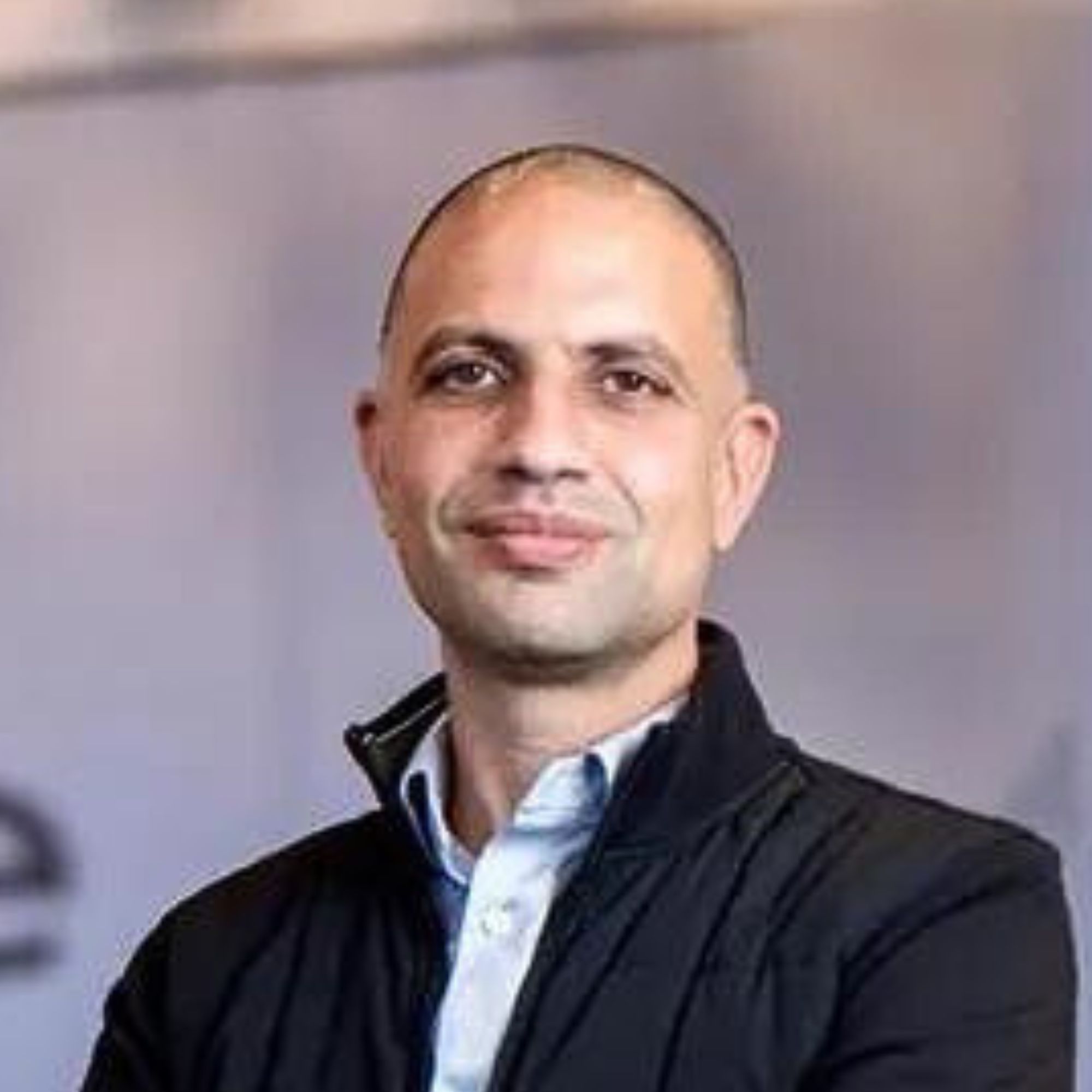
Khaled Hassounah
CEO & Founder of Ample
Khaled Hassounah, CEO and Founder of Ample: $290M Raised to Build the Future of EV Batteries


Mukund Karanjikar
CEO of CleanJoule
Mukund Karanjikar, CEO of CleanJoule: $55 Million Raised to Power the Future of Sustainable Aviation Fuel


Saurabh Kapoor
CEO & Co-Founder of Metafuels
Saurabh Kapoor, CEO & Co-Founder of Metafuels: $22 Million Raised to Pioneer Synthetic Aviation Fuel Technology


Manik Suri
Manik Suri, CEO and Founder of Therma: $30 Million Raised to Build the Cooling Intelligence Category


Michael Witte
CEO & Co-founder of Workrise
Michael Witte: Workrise: the GTM Story of Workrise ($3 Billion Valuation)


Greg Newbloom
CEO and Founder of Membrion
Greg Newbloom, CEO & Founder of Membrion: $23 Million Raised to Build the Future of Industrial Wastewater Treatment Solutions


Ankit Somani
Co-Founder of
How Conifer secured Wall Street Journal and TechCrunch exclusives within weeks of launch | Ankit Somani

Sandeep Ahuja
CEO of Covetool
Sandeep Ahuja, CEO of Covetool: $36 Million Raised to Power the Future of Building Design with AI


Stwart Peña Feliz
Co-Founder and CEO of MacroCycle
Stwart Peña Feliz, CEO of MacroCycle: $7.6M Raised to Build the Future of Plastic and Textile Upcycling

Jan Willem Rombouts
CEO & Founder of Beebop AI
Jan Willem Rombouts, CEO & Founder of Beebop AI: $5.5 Million Raised to Power Grid Orchestration for the Clean Energy Transition


Steff Gerhart
Co-Founder & Co-CEO of ecoLocked
Steff Gerhart, Co-Founder & Co-CEO of ecoLocked: $6 Million Raised to Transform Buildings into Carbon Sinks


Troy Helming
Founder & CEO of EarthGrid
Troy Helming, Founder & CEO of EarthGrid: $63 Million Raised to Build Underground Super Grids with Plasma Torch Technology
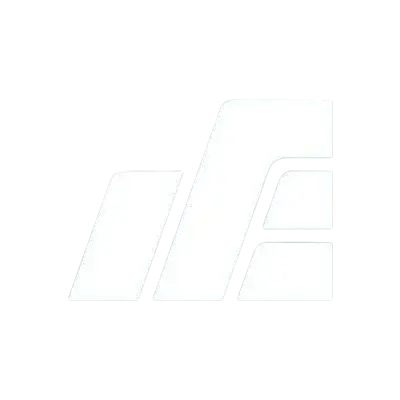

Ali Javidan
Co-Founder of Range Energy
Ali Javidan, Co-Founder of Range Energy: $9 Million Raised to Build the Future of Electric Semi-Trucks

Rachael O’Brien
Head of Demand and Brand of Opna
The End of Marketing Specialists: Building AI-Native Teams That Scale


Alexis Normand
CEO & Co-founder of Greenly
Alexis Normand, CEO & Co-Founder of Greenly: $78 Million Raised to Build the Future of Carbon Management

Jaimi Klein
Head of Marketing of STAX Engineering
Seeing is Believing: How STAX Builds Trust


Ben Christensen
CEO of Cambium Carbon
Ben Christensen, CEO of Cambium Carbon: $5.5 Million Raised to Build a new Category of Sustainable Wood


Daniel Betts
CEO & Co-Founder of Blue Frontier
Daniel Betts, CEO of Blue Frontier: $47.8M Raised to Revolutionize Air Conditioning with Energy-Storing Smart Climate Technology


Gary Ong
CEO & Founder of Celadyne
Gary Ong, CEO & Founder of Celadyne: $5 Million Raised to Power the Future of Green Hydrogen Production


Javier Marti
CEO and Founder of Divirod
Javier Marti, CEO & Founder of Divirod: $7.6 Million Raised to Build the Google Maps For Water

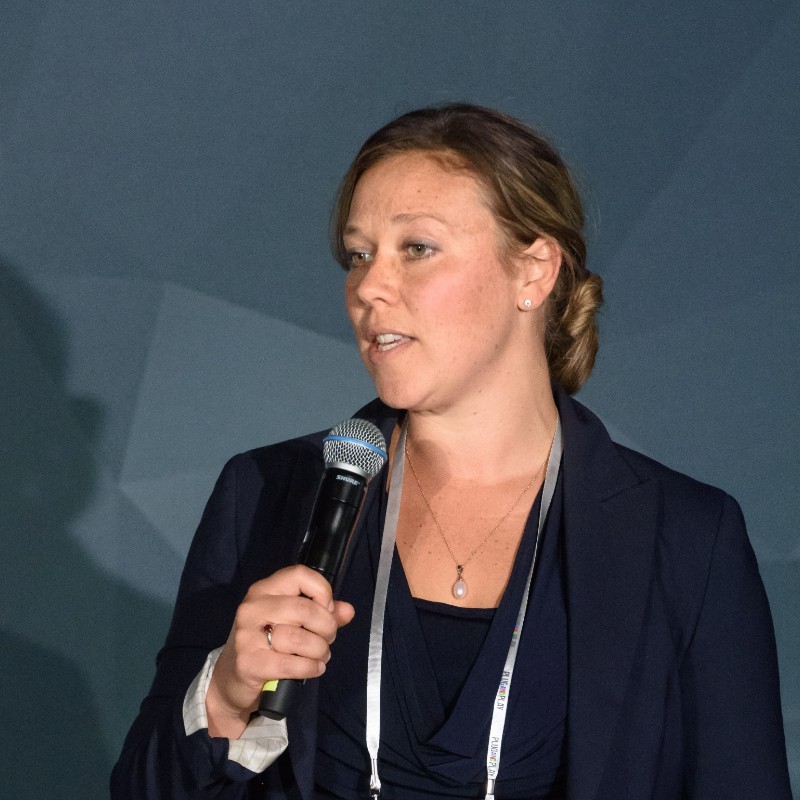
Virginia Klausmeier
CEO and Founder of Sylvatex
Virginia Klausmeier, CEO and Founder of Sylvatex: More Than $15 Million Raised to Build a Better Class of Sustainable Materials and Drive the Green Revolution

Adam Silver
CEO & Co-Founder of Plural Energy
Adam Silver, CEO & Co-Founder of Plural Energy: $2.8 Million Raised to Build the Future of Clean Energy Investing

Preston Bryant
Co-Founder, Executive Chair, & Chief Commercial Officer of Momentum
Preston Bryant, Co-Founder of Momentum: $20 Million Raised to Transform Battery Recycling Through Materials Science Innovation


Scott Graybeal
CEO of Caelux
Scott Graybeal, CEO of Caelux: $70 Million Raised to Transform Solar Energy with Perovskite Technology

Michael Belenkie
CEO and President of Entropy
Michael Belenkie, CEO and President of Entropy: $300 Million Raised to Spearhead Efficiency and Innovation in the Carbon Capture Economy


Iain Cooper
CEO of SeekOps Inc.
Iain Cooper, CEO of SeekOps, $23 Million Raised to Build the Future of Emissions Monitoring
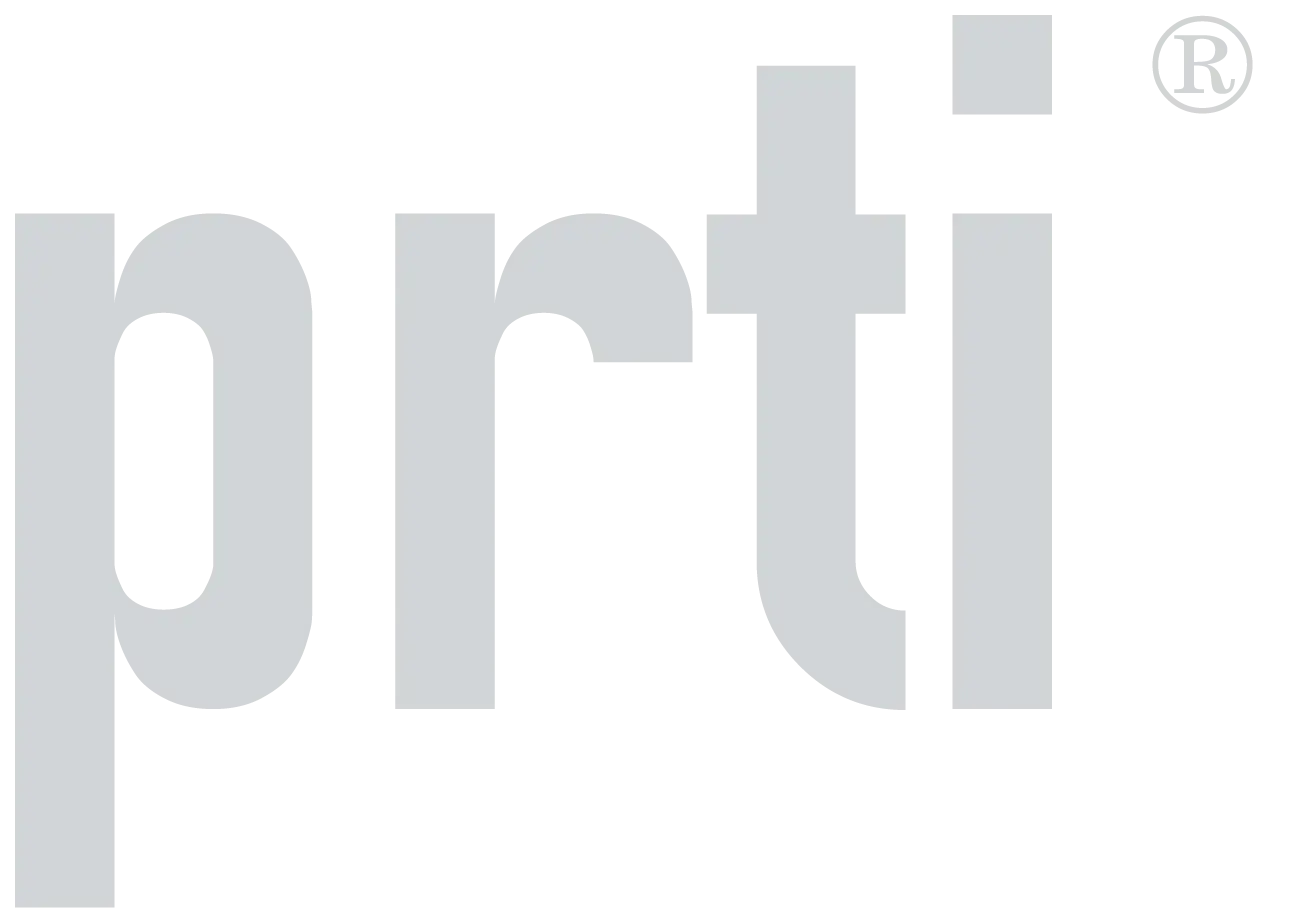

Chris Hare
CEO of PRTI
Chris Hare, CEO of PRTI: Over $25 Million Raised to Transform America’s Billions of Waste Tires into Valuable Commodities